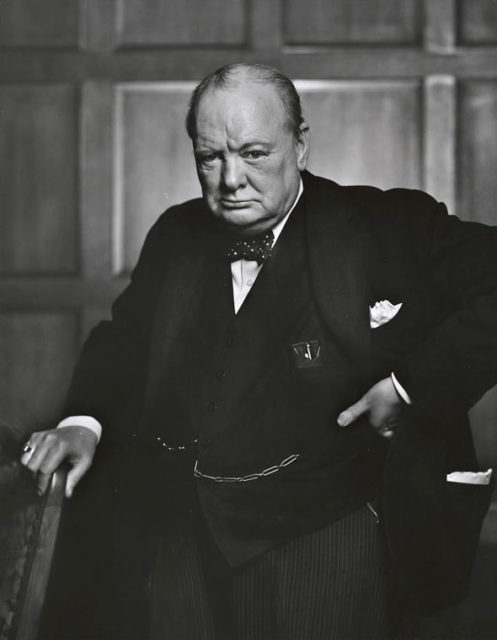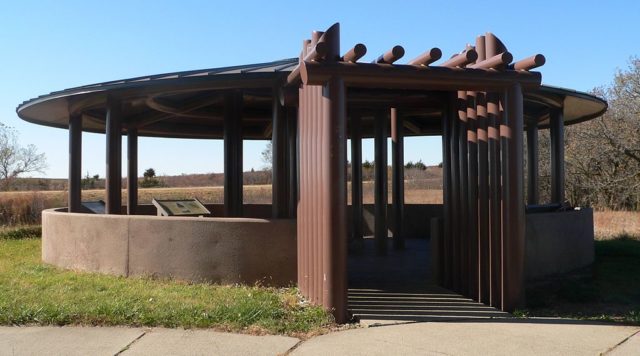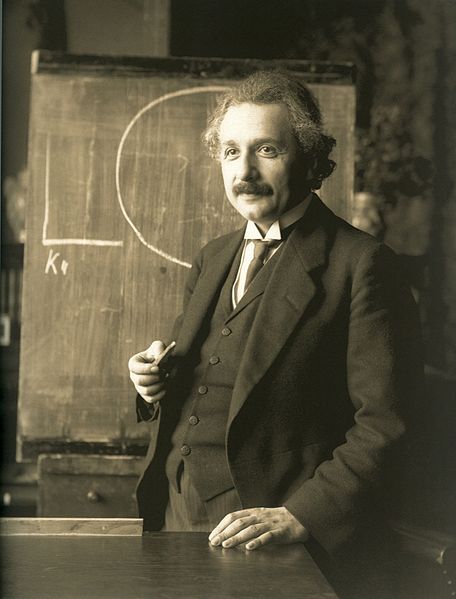Not everything that history, as an academic discipline, has discovered is to be found in history books. Often, we only get to learn and read about what are considered to be the more important events of the past, but there are many interesting stories worth reading that you won’t find in any of the school textbooks. Here’s a list of some of those peculiar historic facts:
Kim Jong-il was a talented composer
The North Korean dictator was an interesting person. Besides being an excellent golf player, a cognac lover and a movie enthusiast, Kim Jong-il was a composer as well.

The infamous despot composed six operas, of which the most famous one “Sea of Blood” has been performed more than 1,500 times and proclaimed to be an everlasting treasure of classical music. The proclamation was of course made by the North Korea News Service. Kim wrote some of the compositions together with his father, Kim Il Sung
Joseph Stalin started the art of photo manipulation
The infamous ruler of the Soviet Union was well known for his control over the media and his obsession of presenting himself as the great leader and perfect man.

There were strict rules established as to how and where he could be photographed, as he wanted to hide certain anomalies of his body.
Famous for killing many people, whenever he was photographed with someone who later died or disappeared, he ordered the photographers to retouch the photos and remove the missing person from them and started the practice of what’s today known as Photoshopping.
Winston Churchill restrained himself from smoking too many cigars
Sir Winston Churchill, the famous Prime Minister of the United Kingdom, was a man who knew how to enjoy life. He treated himself to the best food and booze available and also enjoyed smoking, such that today there’s even a cigar named after him.

His favorite brand of a cigar was the Cuban made Romeo y Juliet, and he smoked everywhere and all the time. Churchill even had a special helmet designed for him so that he was able to smoke even when flying in a plane. Even so, he cared for his health and limited himself to smoking no more than 15 cigars per day!
Two convicted felons sparked the invention of fingerprint identification
Will West was a criminal arrested in 1903 and sentenced to serve his penalty in prison in Leavenworth, Kansas. Right after he was sent to jail, the authorities discovered that there was already a man named William West residing in the same prison.

Not only were their names the same, but the two felons also looked nearly identical, although they were not related nor did they ever met. This caused the prison authorities some problems with their correct identification and they were worried that the same could happen elsewhere. Driven by the need for a more accurate method of identification than the existing Bertillon System they were using, they established the fingerprint recognition system for identifying criminals.
Chief Blackbird was buried sitting on his favorite horse
The Omaha Native Indian tribe was once the most powerful tribe on the Great Plains, a flat expanse of land lying between the Mississippi River and the Rocky Mountains in the United States and Canada. This peaceful tribe was the first one to master horse riding after the introduction of the horse by the Spanish and one of the first to start trade relations with the incoming strangers.

The tribe became prosperous under the leadership of Chief Blackbird, a chieftain who cared for his people and a proven diplomat who established the above-mentioned trade routes. Chief Blackbird died in 1800 as a result of a smallpox epidemic. He was buried on a top of a hill overlooking the Missouri River, and the hill today is named Blackbird Hill. Besides being buried with the highest honors, Chief Blackbird was entombed while sitting on his favorite horse.
Albert Einstein was offered a presidential seat in Israel
Albert Einstein is most certainly one of the more fascinating of historical figures.
The most distinguished scientist in the world and Nobel Prize recipient became famous relatively young, right after he published his paper on the theory of relativity.

Einstein was Jewish, and three years before his death in 1955, he was offered the presidency of Israel.
The scientist denied the offer, explaining that even though he was honored and sad to refuse, he was not the best candidate for the position. He stated that he lacked the aptitude to deal with people and perform official duties.
The shortest war ever to happen
In August 1896, after the death of the Sultan Hamad bin Thuwaini of Zanzibar, the British authorities were not happy with his successor Khalid bin Barghash.
The British demanded another Sultan be installed and gave Khalid an ultimatum with the demand that he and his forces leave the palace. The Sultan refused and barricaded himself in the royal mansion, causing the British assault on the palace.

The Zanzibar army consisted of approximately 2800 soldiers, while the British troops were 1050 strong, but had the support of two gunboats and three cruisers.
Read another story from us: The Reichstag Fire: a pivotal event in the history of Nazi Germany
The casualties were: 500 dead on the Zanzibari side and 1 injured soldier on the British side. Sultan Khalid managed to escape to German East Africa where he sought asylum. The Anglo-Zanzibar war lasted for around 38 minutes, making it the shortest war ever to happen.
